Professional tile sealing that stops stains before they start, making your floors easier to clean and extending their life for years.
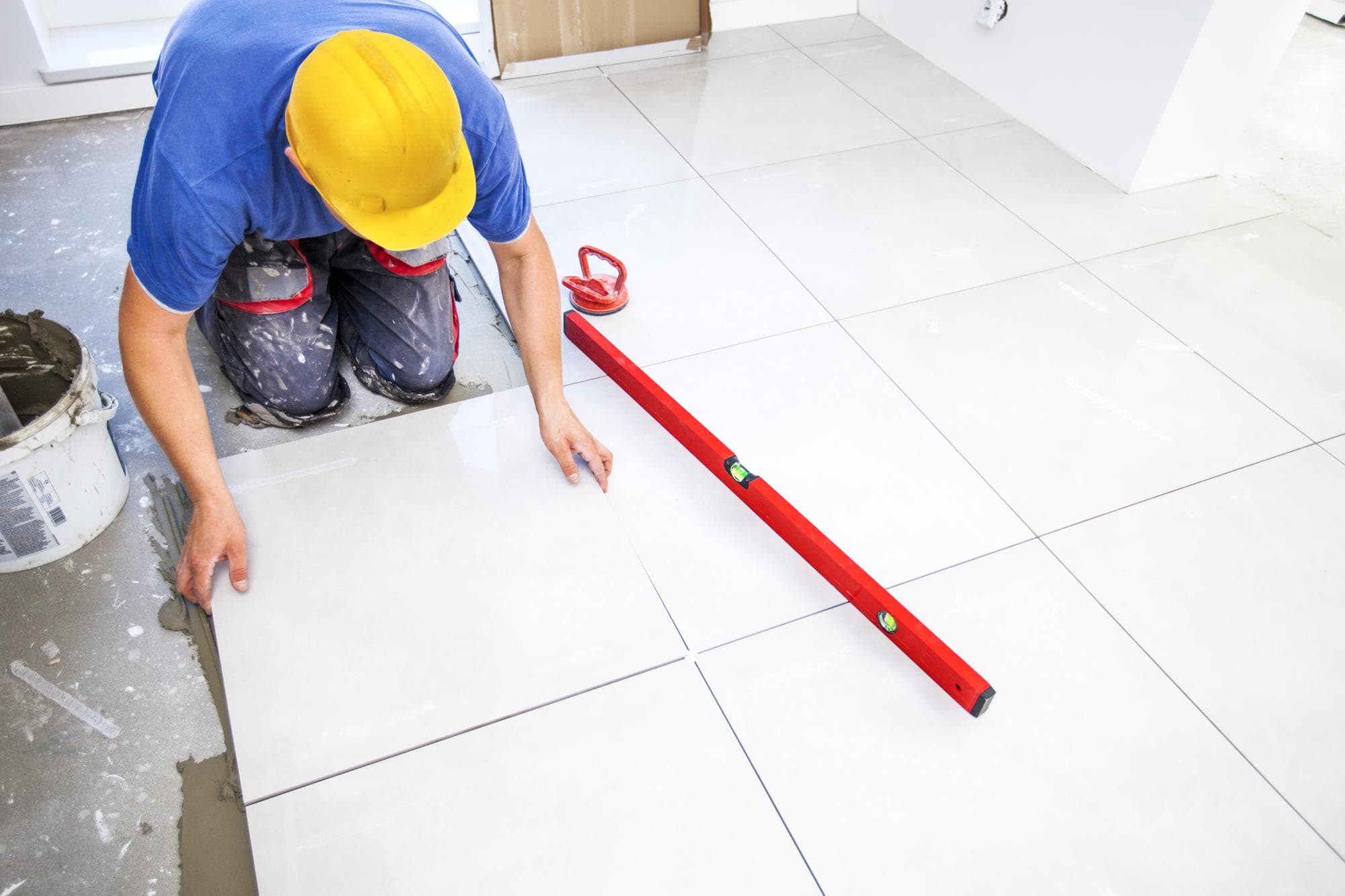
Hear from Our Customers
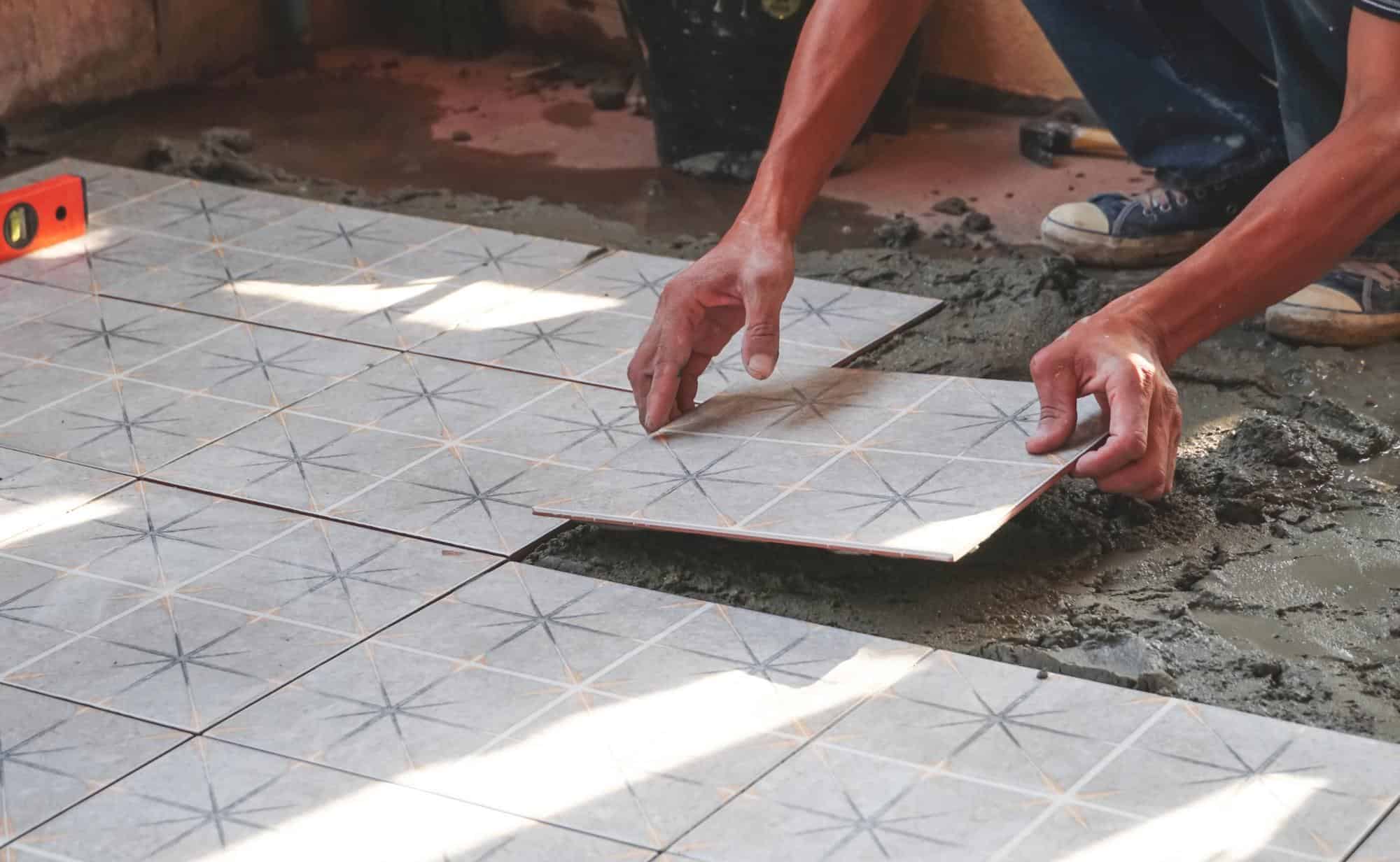
When your tiles are properly sealed, spills bead up instead of soaking in. Coffee, wine, grease—none of it penetrates your grout lines or porous tile surfaces. Your regular cleaning becomes effortless because dirt sits on the surface rather than embedding deep into the material.
You’ll notice the difference immediately. Colors stay vibrant, grout lines remain their original shade, and that fresh, clean look lasts months longer between deep cleanings.
Most importantly, you’re protecting your investment. Sealed tiles resist the moisture damage that leads to cracking, discoloration, and expensive repairs down the road.
Diamond Stone Restorations Corp has been serving Windmill Farm and the greater New York area for over a decade. We’re a family-owned company that understands how valuable your surfaces are—and how frustrating it is when they start looking worn despite your best efforts.
Our technicians don’t just apply sealer and leave. We assess each job individually because different tile materials need different approaches. Ceramic tiles in your kitchen face different challenges than porcelain in your bathroom, and we adjust our methods accordingly.
We use industry-leading sealants from trusted brands like MB Stone Care and Aqua Mix, products designed for longevity rather than quick fixes. When we seal your tiles, you’re getting protection that lasts.
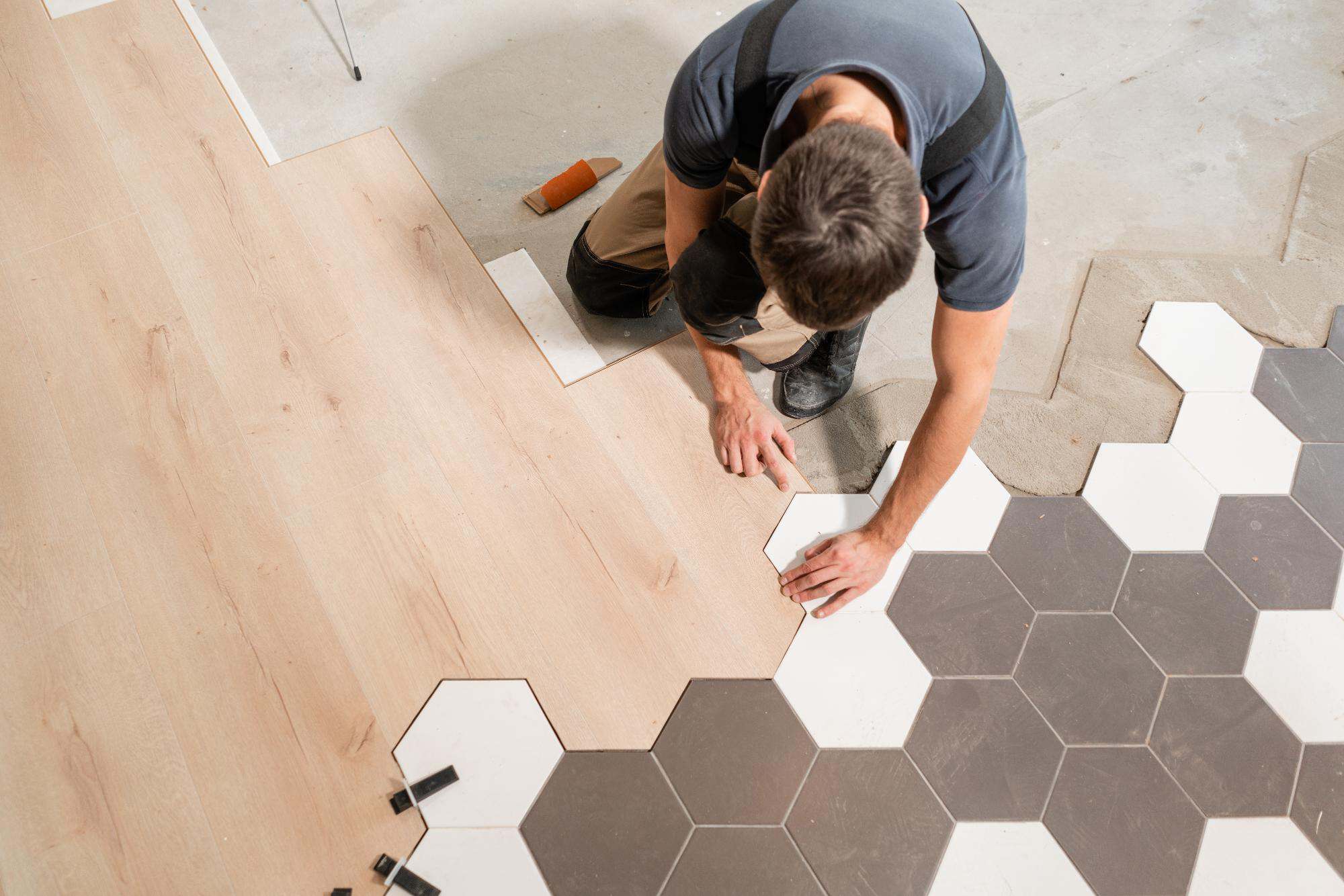
First, we thoroughly clean your tile and grout lines. This isn’t just a quick mop—we remove all dirt, grease, soap residue, and any failing old sealants. The surface has to be completely clean for the new sealer to bond properly.
Next, we let everything dry completely. Applying sealer to damp surfaces is one of the biggest mistakes DIYers make, and it leads to poor adhesion and early failure.
Then comes the sealing itself. We apply the chosen sealant evenly across your tiles and grout lines, making sure every porous area gets covered. We work in manageable sections to ensure consistent coverage and immediately wipe away any excess from the tile surfaces to prevent hazy residue.
The final step is curing time. Depending on the sealer type, you’ll need to stay off the surface for several hours while it bonds and hardens into that protective barrier.
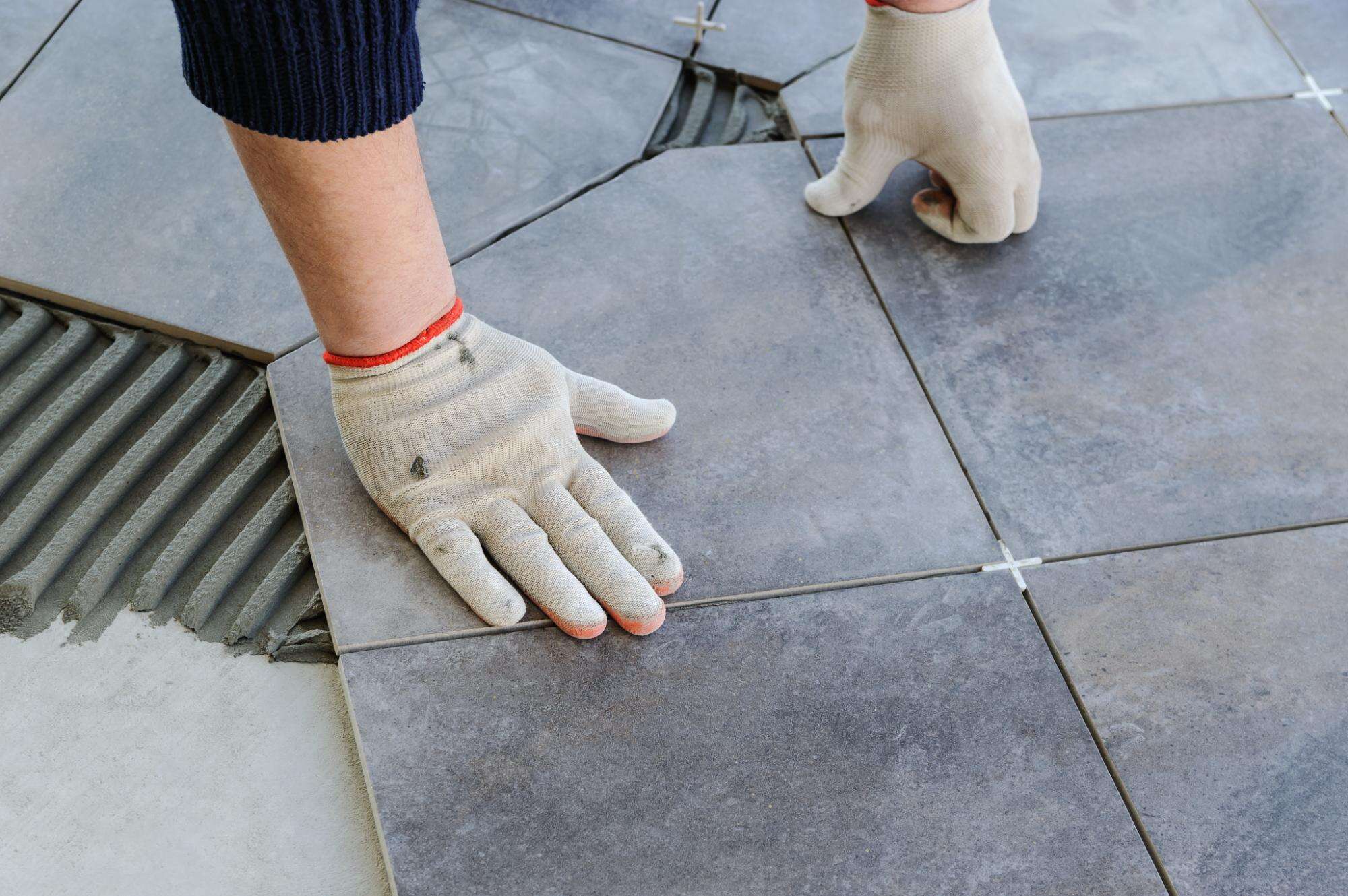
Ready to get started?
We seal all types of tiles—ceramic, porcelain, natural stone, and specialty materials. Each gets the specific treatment it needs. Ceramic tiles, with their slightly more porous nature, benefit from penetrating sealers that soak deep into the material. Porcelain tiles often need different approaches depending on whether they’re glazed or unglazed.
In Windmill Farm’s climate, moisture protection is especially important. The humidity changes throughout the year can cause unsealed grout to expand and contract, leading to cracks and discoloration. Our sealers create a barrier that prevents moisture infiltration while still allowing the material to breathe.
For high-traffic areas like entryways and kitchens, we recommend more durable sealant formulations that can handle the daily wear. Bathroom applications get special attention for mold and mildew resistance. Commercial spaces receive heavy-duty protection designed for constant foot traffic and frequent cleaning.
We also provide detailed maintenance guidance so you know exactly how to care for your newly sealed surfaces. Simple steps that keep your investment protected for years.
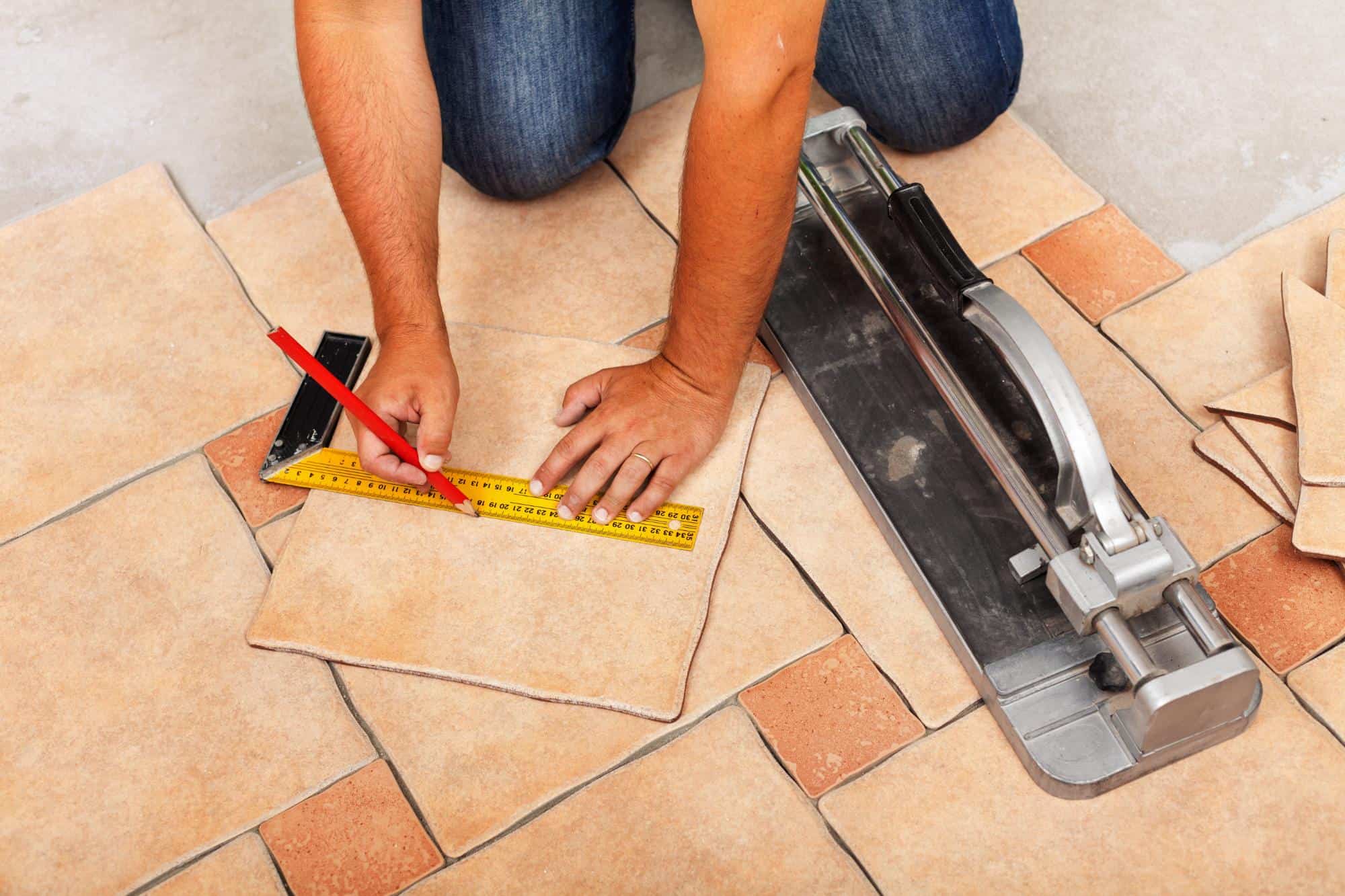
Ready To Restore The Beauty Inside Your Stone?
Contact us today!
Diamond Stone Restorations Corp
Company
Support
Useful Links